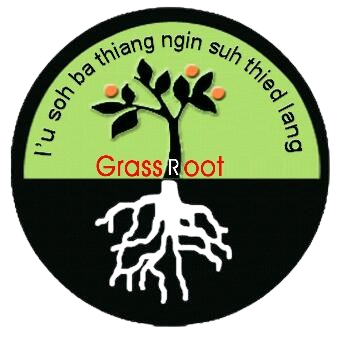Tree Plantation cum Carbon Offsetting Project
Tree plantation faces significant hurdles including improper planting techniques, neglect during crucial early growth years, and increasingly common wildfires. These factors can destroy additional trees and increase carbon dioxide emissions through changes in land cover, potentially worsening the very problems we aim to solve. Successful tree plantation requires consideration of tree types, species adaptability, geographical location, soil compatibility, and close monitoring of weather conditions. This scientific approach ensures trees establish strong roots before facing seasonal challenges, mature fully, and provide lasting environmental, economic, and social benefits throughout their lifetime. Embrace concepts like ‘Greet with Trees’ to promote sustainable gifting and popularize trees as presents for special occasions in areas needing reforestation. By pursuing a scientific and sustainable strategy for tree planting rather than haphazard efforts, we can collectively address climate change, absorb harmful carbon dioxide, and create benefits that humanity can enjoy for generations to come.
With the indigenous knowledge and know how on how to combat the impact of climate change, Grassroot and the communities of Eastern West Khasi Hills and Ri Bhoi District of Meghalaya collectively pursue the plantation of 50000 indigenous trees of the areas to continue the values of collectivism, nature conservation stewards and a deeper sense of ownership on their lands and forests.

The project serves multiple purposes: capturing carbon for offset trading, purifying air (1 acre absorbs 6 tons of CO2, produces 4 tons of oxygen), replenishing groundwater, filtering water pollutants, creating employment (20,000 trees generate 1500-1800 workdays), and boosting tourism through outdoor recreational activities like camping and bird watching.
Eastern West Khasi Hills District and Ri Bhoi District, Meghalaya

